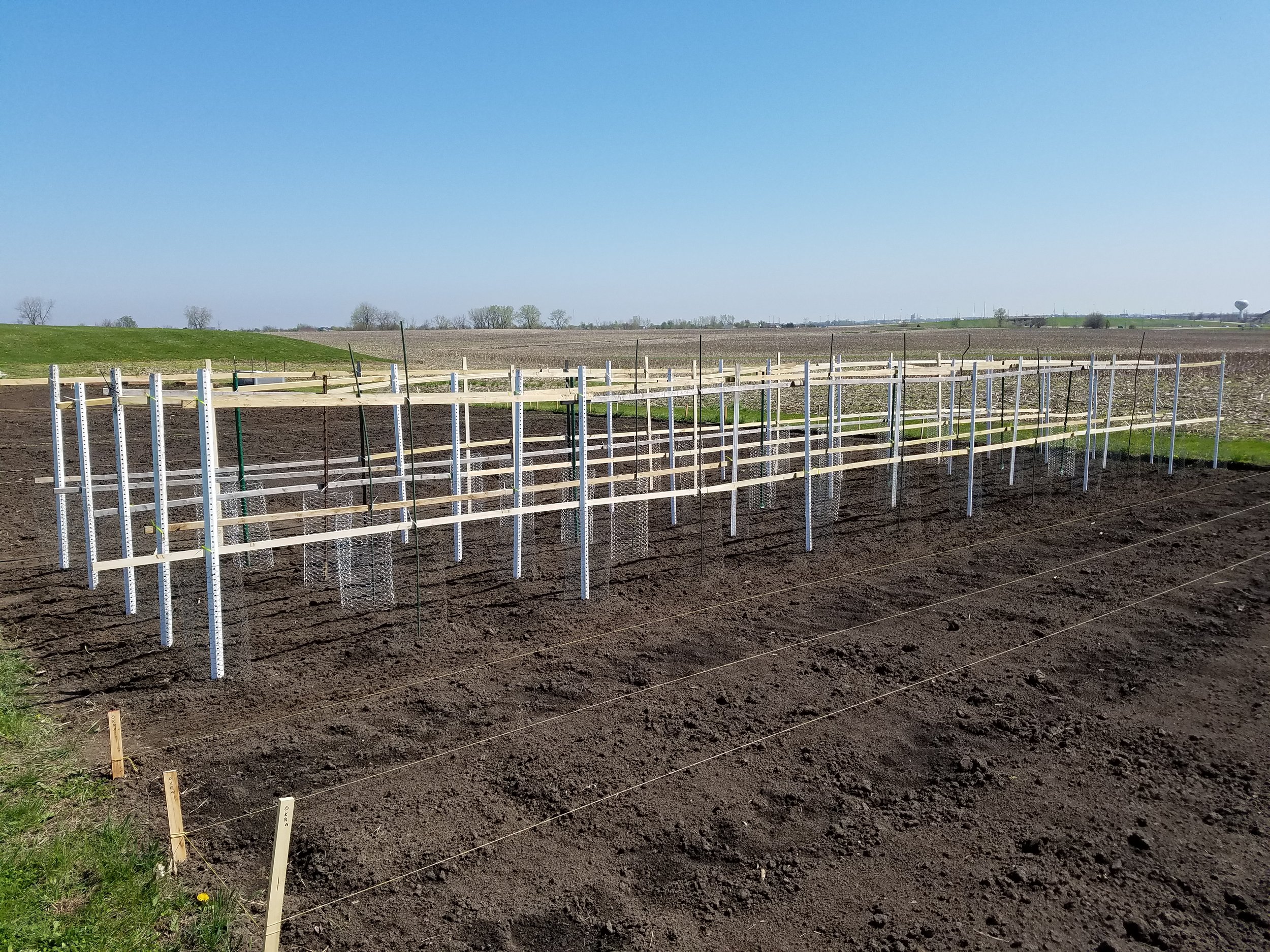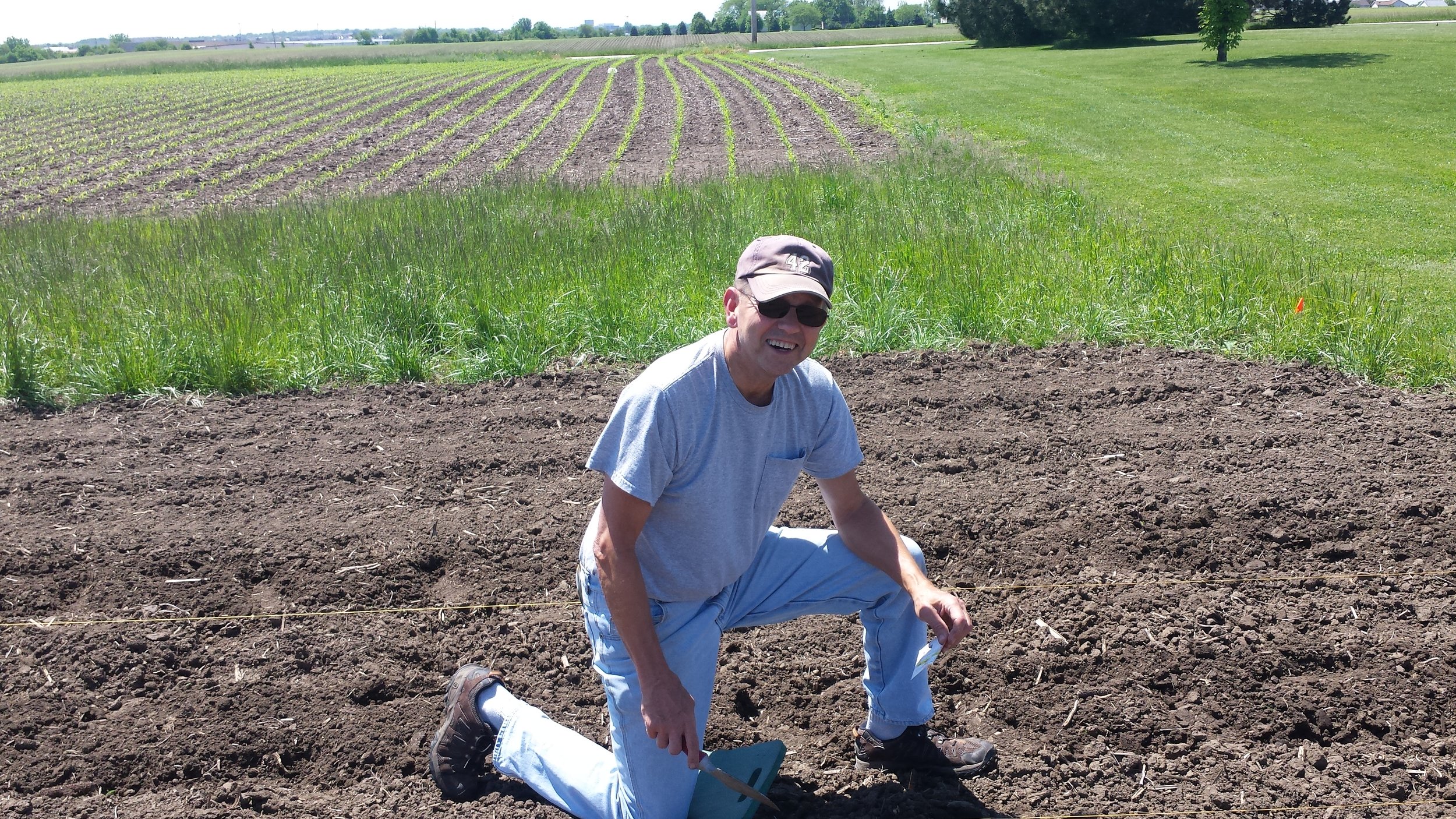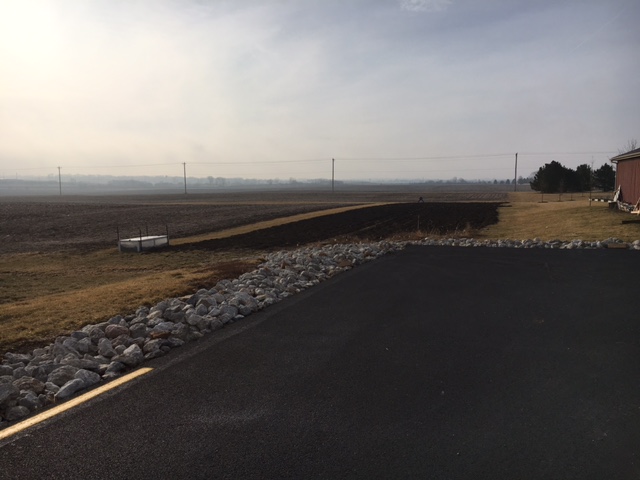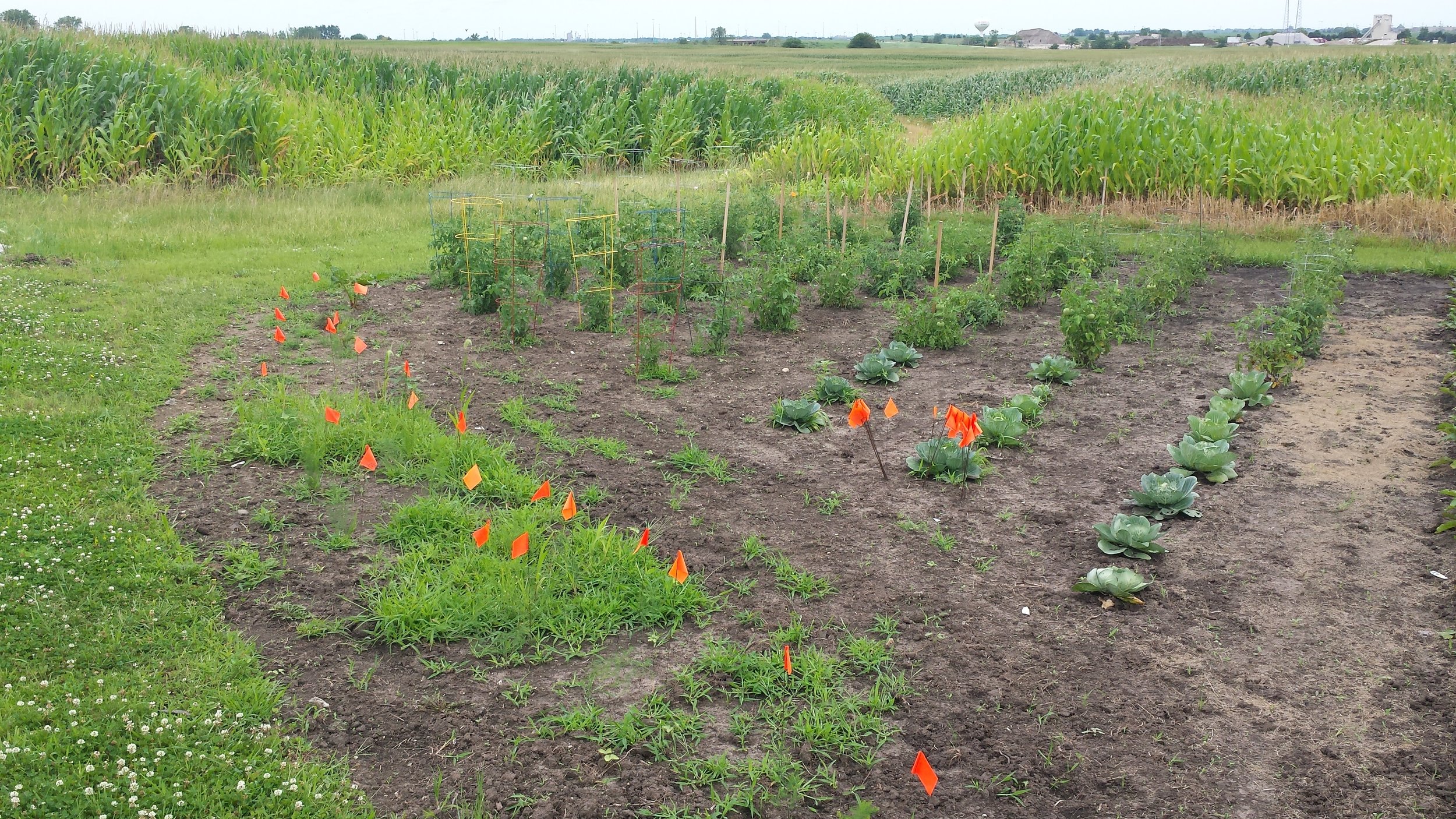It almost always starts with a phone call that sounds something like this: “I don’t know if you can help me, but I’m in a terrible situation right now and just don’t know how to get out of it.” We get those calls at the church because of relationship problems, emotional crises, and all kinds of reasons that simply talking with someone can help to resolve. However, today I’m talking about the calls we get that are based on financial crises. Nobody ever sets out in life to live paycheck to paycheck. Nobody heads into adulthood with the expectation that medical emergencies are going to create a situation in which we are on the verge of losing everything we have…including our homes. But that’s exactly what happens to more people that we could imagine.
For one reason or another, the bills become larger than the income and no amount of shuffling this bill over that one will resolve the problem…it just gets worse and worse until a desperate call is made to a local church. Because of our commitment to confidentiality, we can’t tell you specific stories, but please know that the people behind these phone calls are very real with very real conditions that have led them to the point of reaching out for help.
That’s when we use Calvary’s Good Samaritan Fund to help folks just get a little bit of a break so that they can stand up again and move forward. This fund comes from donations from Calvary’s Church Family and when it begins to run low, we ask you to pray about bringing that balance back up.
What kinds of ways have we helped through the Good Samaritan Fund? Sometimes it is to help pay an electric bill or a water bill that didn’t get paid because medicine had to be purchased instead. Sometimes it’s a gas card to get to a family member who is ill. It has included helping to pay for prescriptions, a car repair, food, clothing, rent…but always, it includes caring about the person with the need.
Remember the story of the Good Samaritan found in Luke 10:30-37? Actually the name of this series if based upon the question asked Jesus by an ‘expert in the law’ in Luke 10:25-29: “On one occasion an expert in the law stood up to test Jesus. “Teacher,” he asked, “what must I do to inherit eternal life?” “What is written in the Law?” he replied, “How do you read it?” He answered: “‘Love the Lord your God with all your heart and with all your soul and with all your strength and with all your mind’ and, ‘Love your neighbor as yourself.’” “You have answered correctly,” Jesus replied. “Do this and you will live.” But he wanted to justify himself, so he asked Jesus, “And who is my neighbor?”
And Jesus answered that question with the parable of the Good Samaritan. Spoiler alert…the answer to ‘who was the neighbor to the man who fell into the hands of robbers’…was the one who had mercy on him. Now that you know the end of the story, you know why we are looking every week at ‘Who Is Our Neighbor’. On whom are we being called to have mercy?
Sometimes the answer to that question is: the person at the other end of the phone.
























